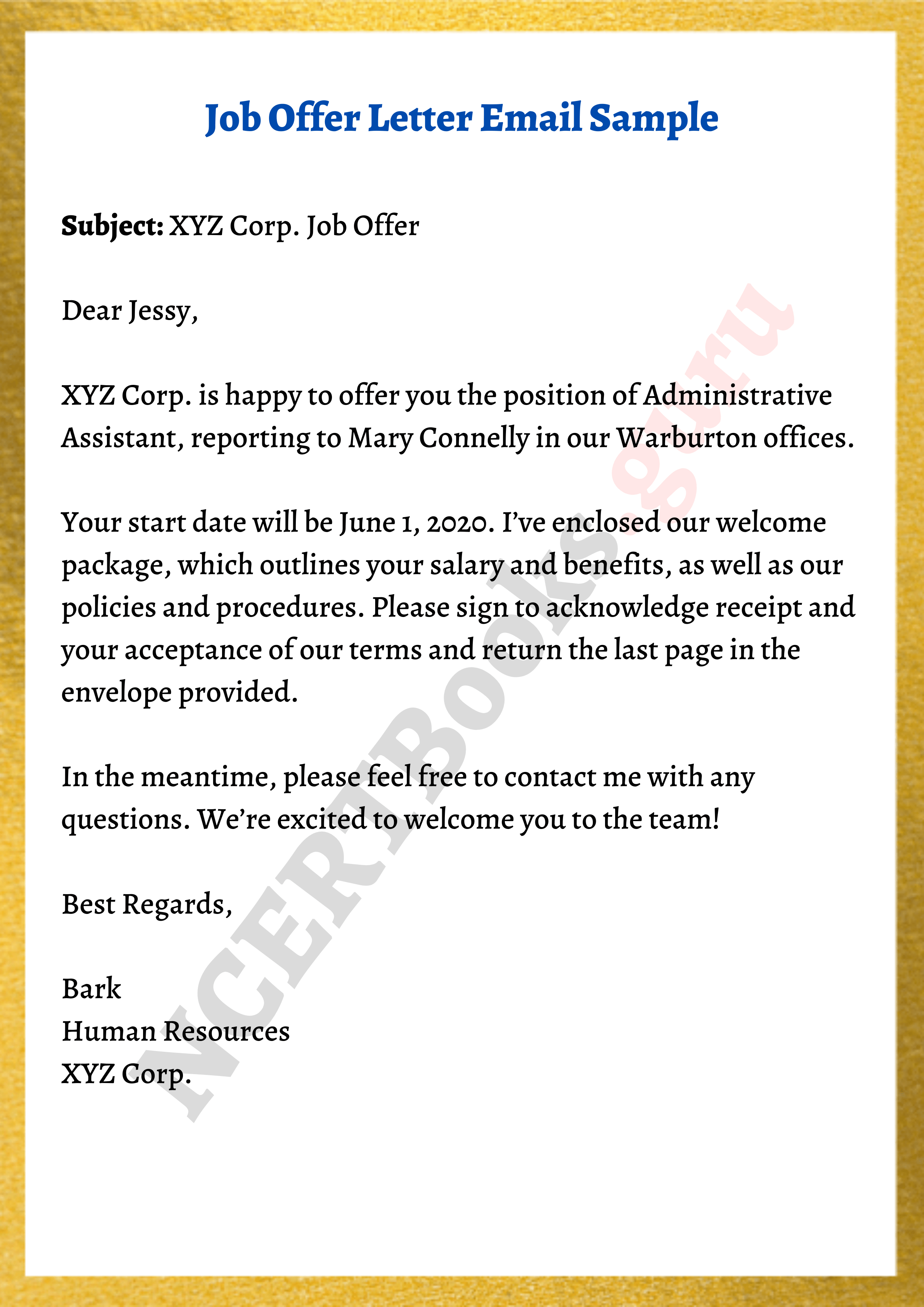Decoding the Multinational Company Offer Letter

Landing a job with a multinational corporation (MNC) is a significant career milestone. But before you pop the champagne, there's a crucial document to decipher: the offer letter. This seemingly simple piece of paper is more than just a formality; it's a legally binding agreement outlining the terms of your employment. Understanding the nuances of an MNC offer letter is paramount to ensuring a smooth transition into your new role.
Navigating the complexities of a global job market requires a keen eye for detail, and the employment offer from a multinational company is no exception. These offers often come with specific clauses related to international assignments, relocation packages, and compensation structures that differ significantly from domestic offers. This makes it even more crucial to understand the standard format and key elements of an MNC job offer.
The structure of a multinational corporation's employment offer typically follows a standard format, encompassing key details such as job title, compensation, benefits, start date, and reporting structure. However, the specific language and legal considerations can vary significantly based on the company's global presence and the country where the role is located. This article will delve deeper into these specific elements to help you decipher your MNC offer.
One key aspect that distinguishes MNC offer letters is the inclusion of provisions for international mobility. This can range from relocation assistance and language training to tax equalization policies and cross-cultural orientation programs. Deciphering these elements is crucial for making an informed decision about your global career move. Failing to understand these nuances could lead to unforeseen challenges and a less than ideal start to your new role.
Beyond the basic components, MNC offer letters frequently include clauses related to intellectual property, confidentiality agreements, and global code of conduct. These aspects are often more detailed and specific than in domestic offer letters, highlighting the global nature of the company’s operations and the importance of maintaining a consistent standard across its worldwide workforce. Grasping these elements is essential to aligning your expectations with the company’s values and ensuring a successful long-term career.
Historically, MNC offer letters have evolved alongside globalization and the increasing complexity of international business operations. Early versions were simpler, focusing primarily on salary and basic benefits. Today, they are comprehensive documents reflecting the intricacies of international employment law, taxation, and cultural considerations.
A well-structured MNC offer letter serves several crucial purposes. It clarifies expectations, protects both the employer and employee, and sets the foundation for a productive working relationship. It’s a roadmap for your journey within the organization, outlining not only your responsibilities but also the resources and support provided by the company.
Several common issues can arise with multinational company employment offers, including discrepancies in compensation expectations, unclear relocation terms, and vague descriptions of the role's global responsibilities. Careful review and negotiation are key to avoiding these pitfalls. Don't hesitate to seek professional advice if needed.
Benefits of a well-defined MNC offer letter format include: Clarity (ensures all parties are on the same page), Legal Protection (provides a legally binding agreement), and Enhanced Employee Experience (sets a positive tone for the employment relationship).
Best practices: Carefully review every clause, seek legal counsel if needed, negotiate key terms if necessary, ensure alignment with your career goals, and keep a copy for your records.
Advantages and Disadvantages of Standardized MNC Offer Letter Format
| Advantages | Disadvantages |
|---|---|
| Streamlined process | May not cater to specific regional needs |
| Reduced legal risks | Potential for inflexibility |
FAQs:
Q: What is the typical timeframe for receiving an MNC offer letter? A: It varies.
Q: Can I negotiate the terms of my offer? A: Often, yes.
Q: What should I do if I find discrepancies in my offer letter? A: Contact HR.
Q: Are MNC offer letters always in English? A: Not necessarily.
Q: What if my offer letter doesn't mention relocation assistance? A: Inquire with HR.
Q: How can I ensure my MNC offer letter is legitimate? A: Verify the source.
Q: Can I get a copy of my offer letter after I've accepted? A: You should have a copy.
Q: Who should I contact for clarification on my offer letter? A: Your HR contact.
Tips and tricks: Be proactive in asking questions, document all communication, and understand your rights as an employee.
In conclusion, understanding the complexities of an MNC company offer letter is crucial for embarking on a successful global career. From deciphering the specifics of compensation and benefits to navigating the intricacies of international relocation and legal clauses, a thorough review and proactive communication are key. By taking the time to understand the nuances of your offer letter, you empower yourself to make informed decisions and confidently navigate the exciting landscape of international employment. This comprehensive understanding not only protects your rights as an employee but also sets the stage for a positive and productive working relationship with your new multinational employer. Remember, this document isn’t just a formality; it's the foundation of your international career journey, so treat it with the importance it deserves.
Unlocking awesome netflix movies your guide to chidas peliculas
Light grey kitchen with white cabinets a timeless trend
Free ponytail scrub cap patterns the ultimate guide













